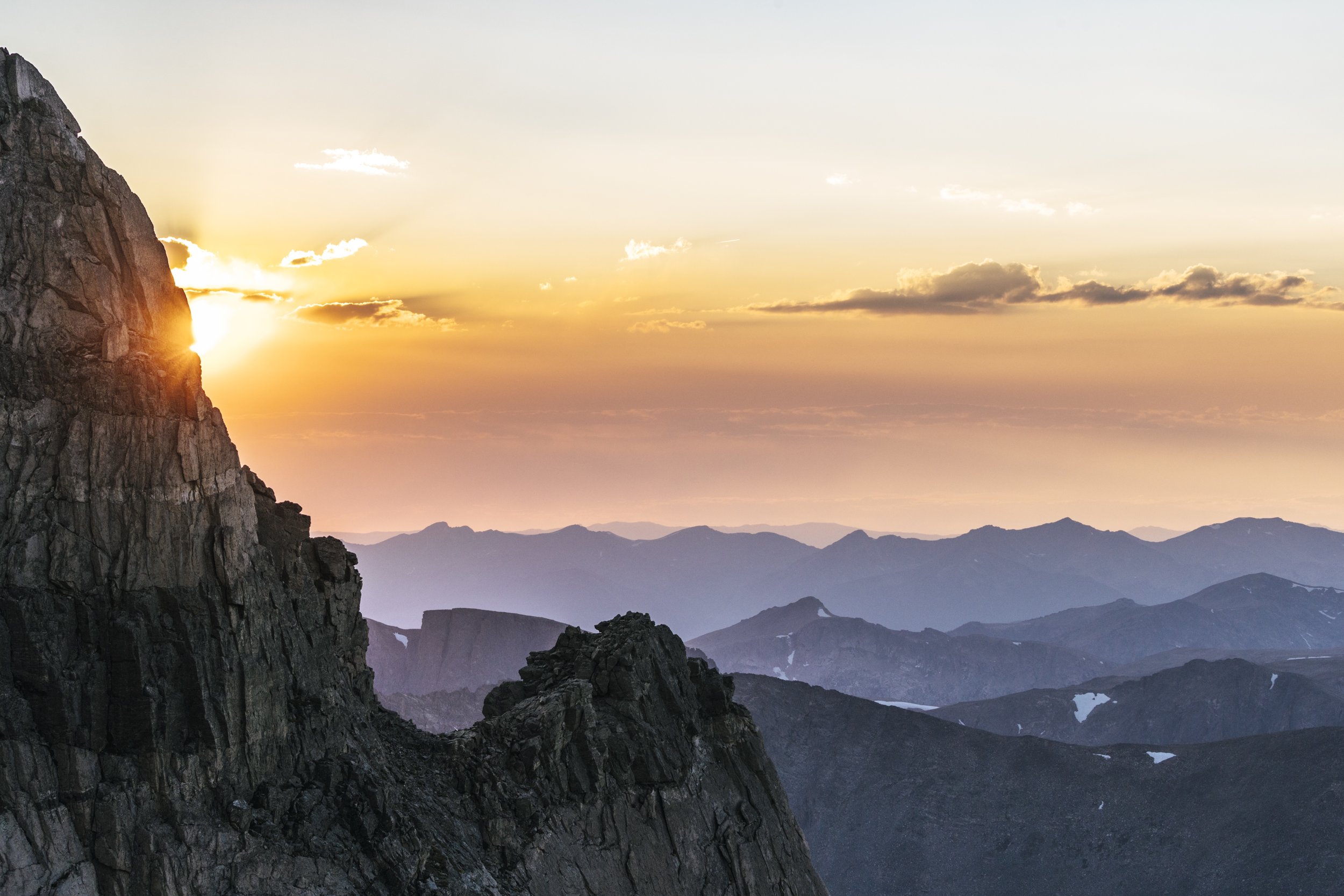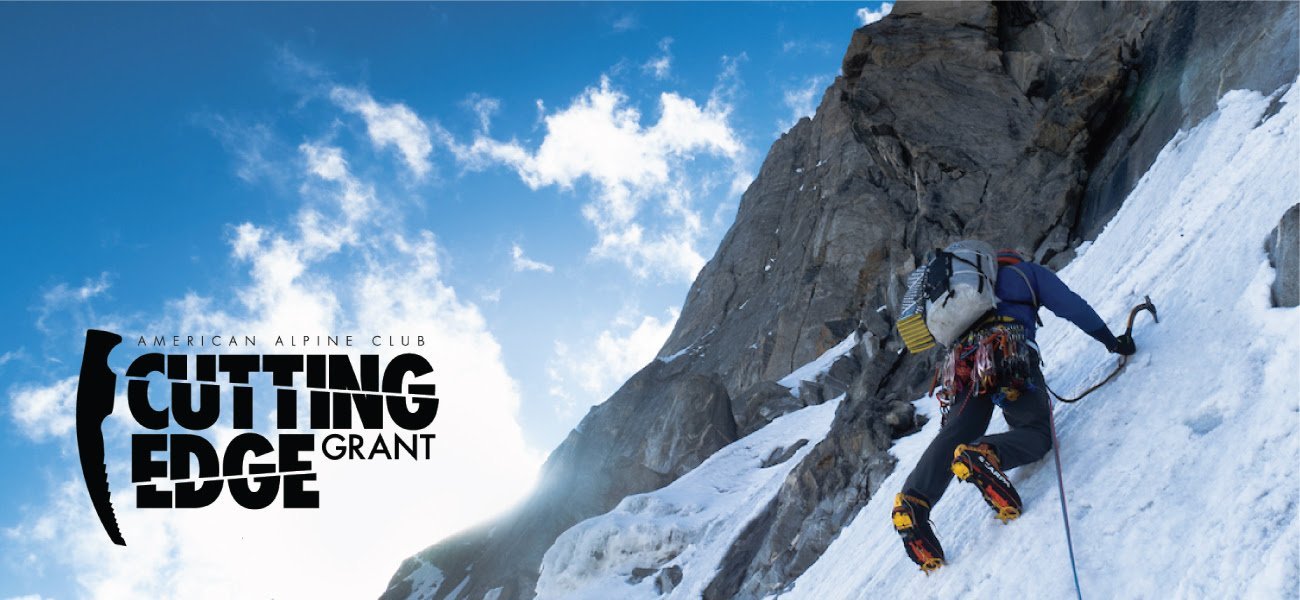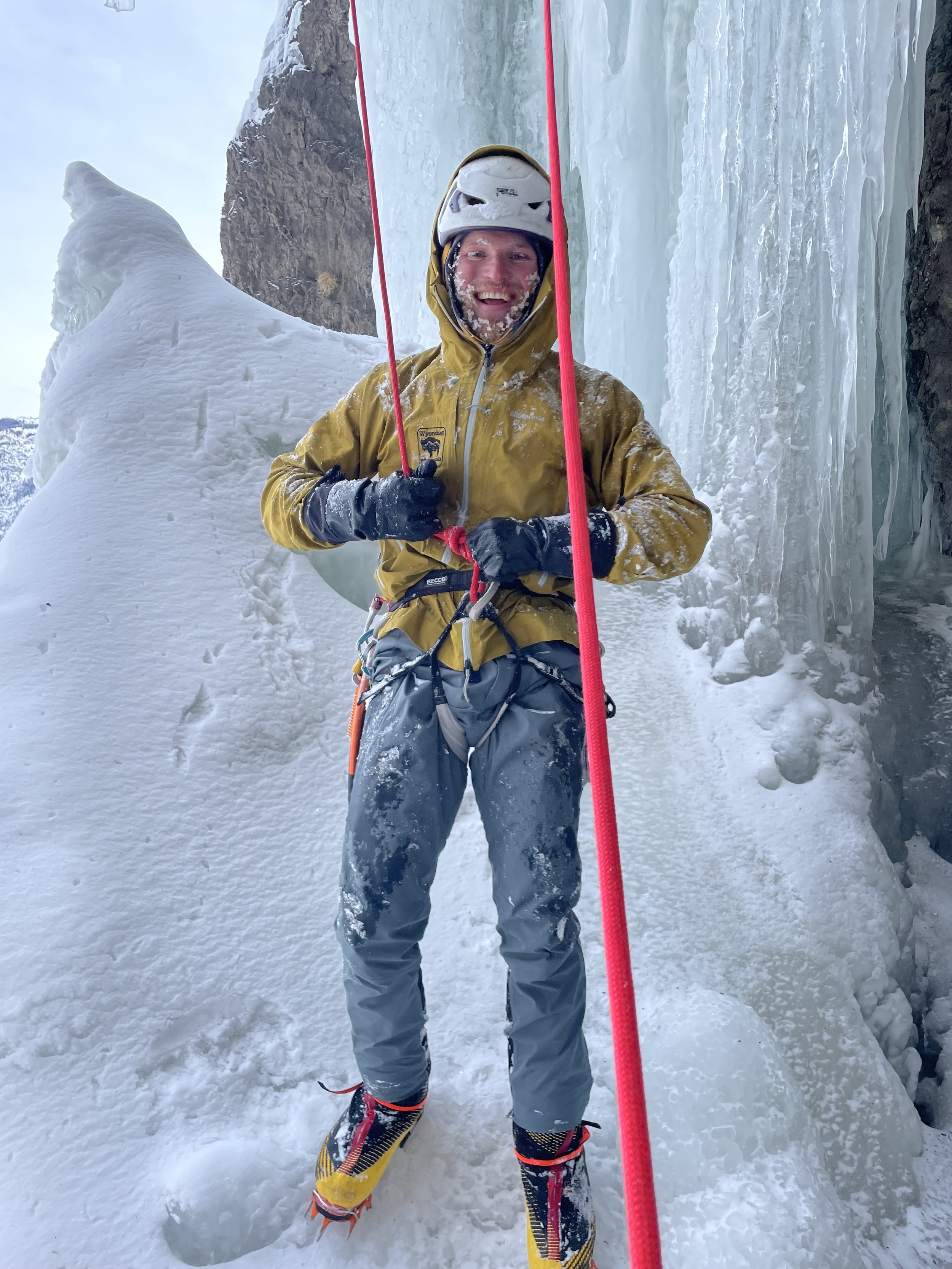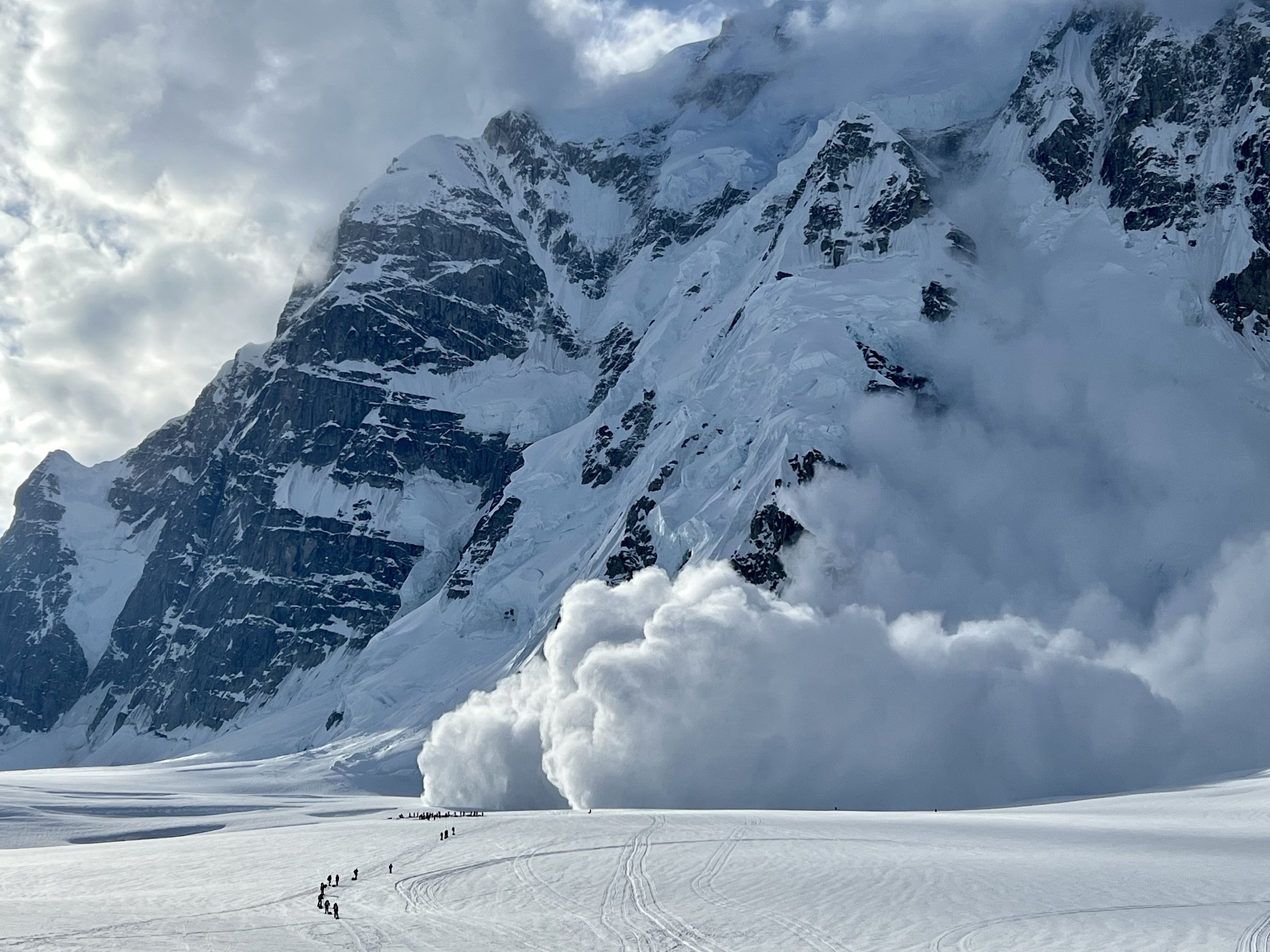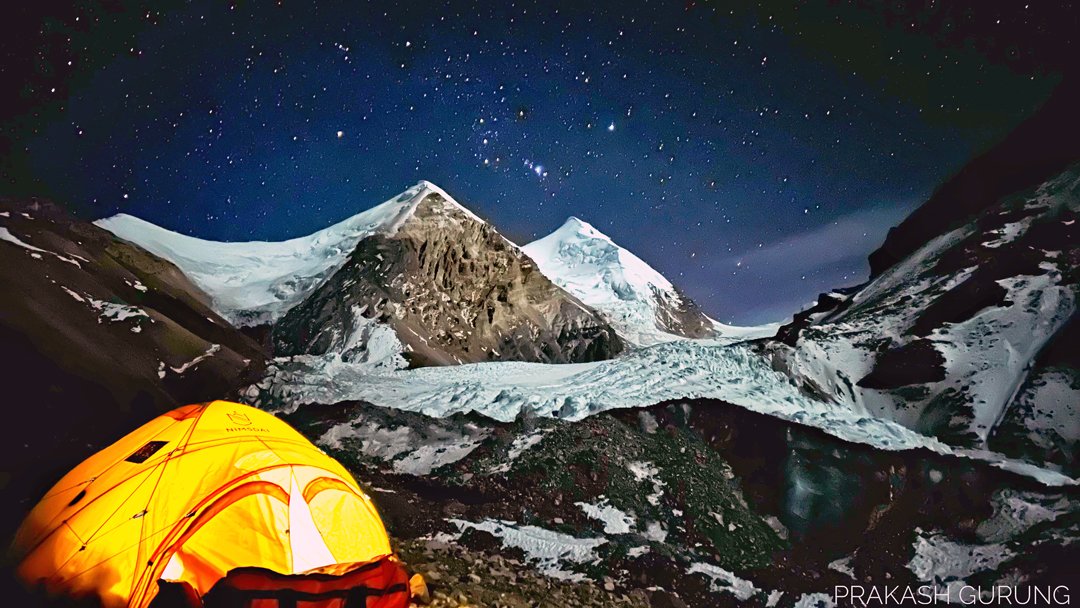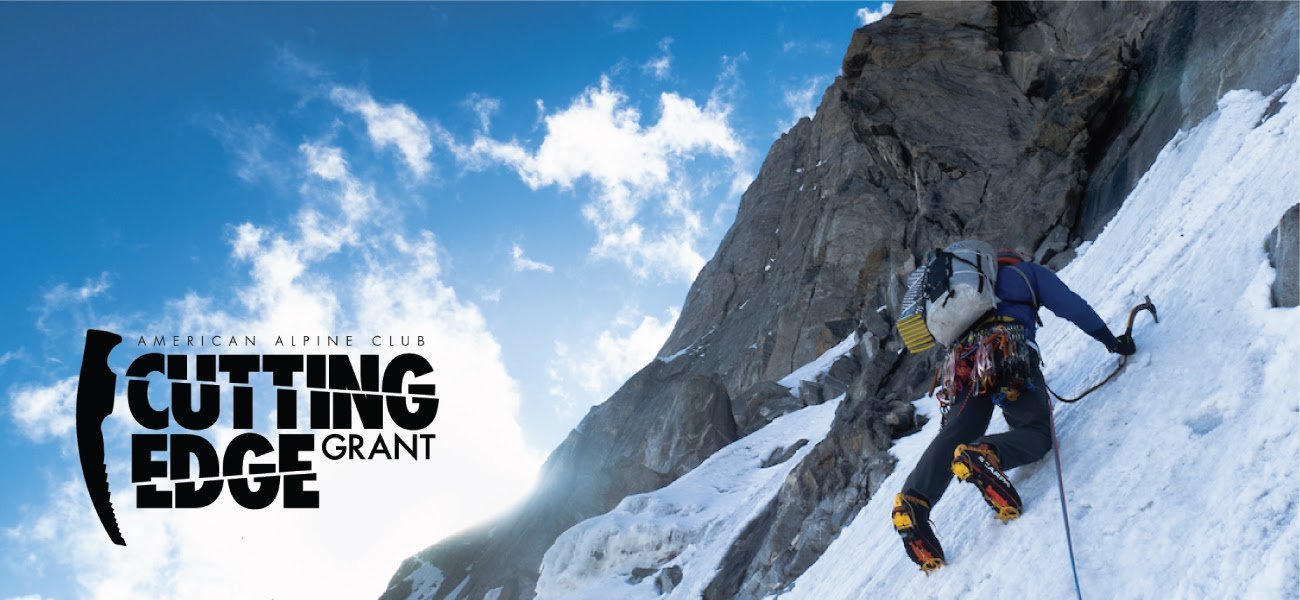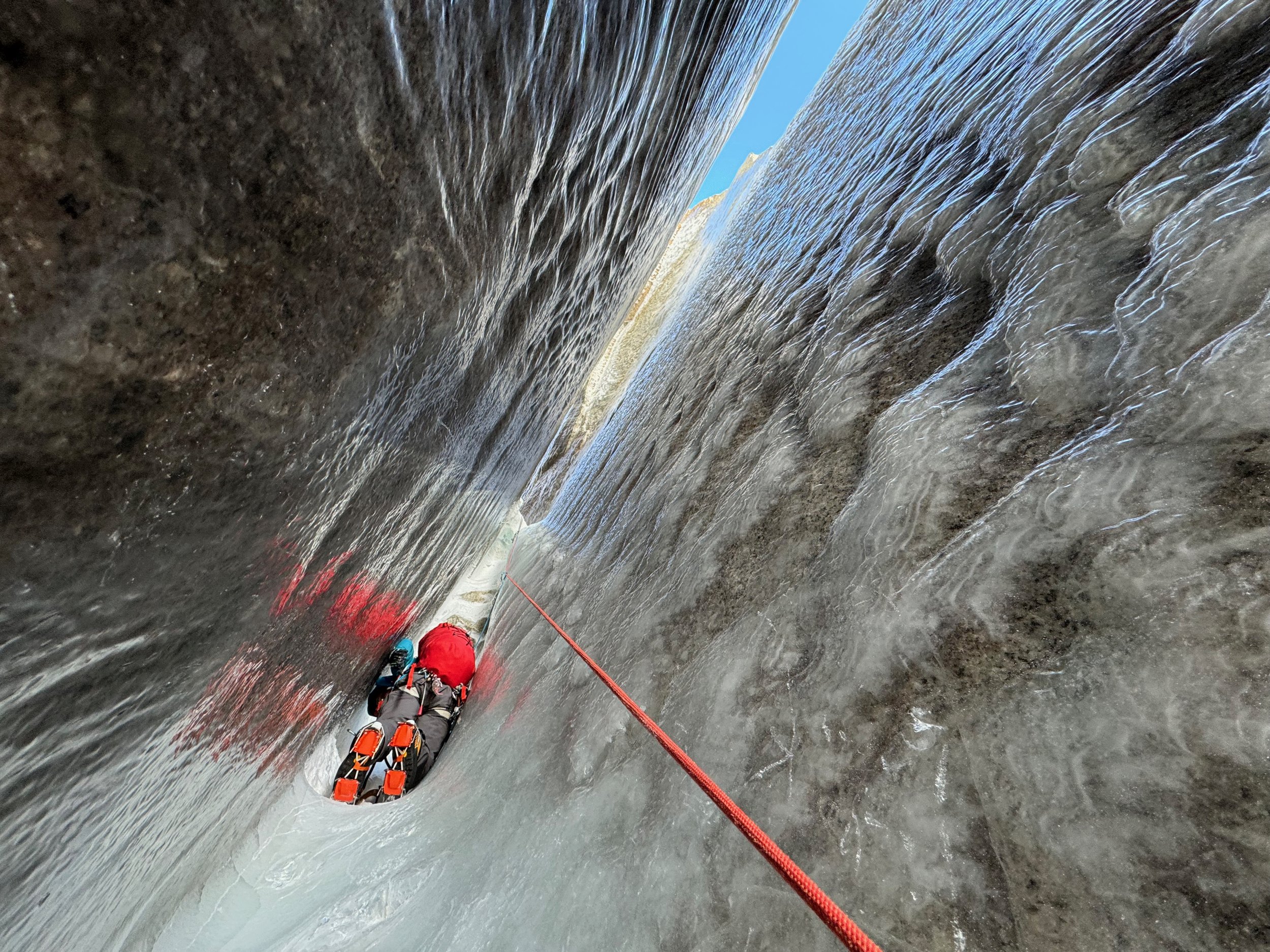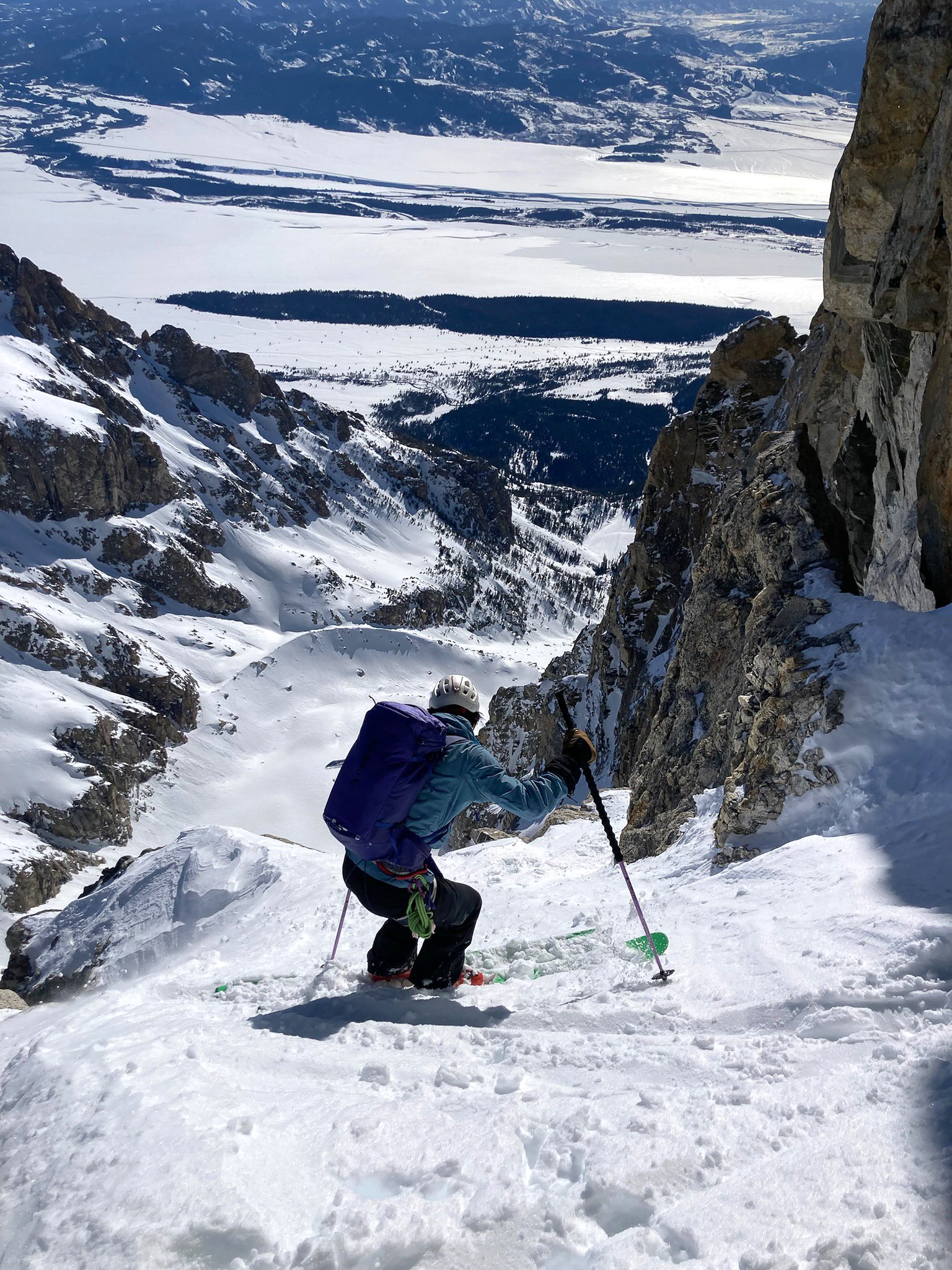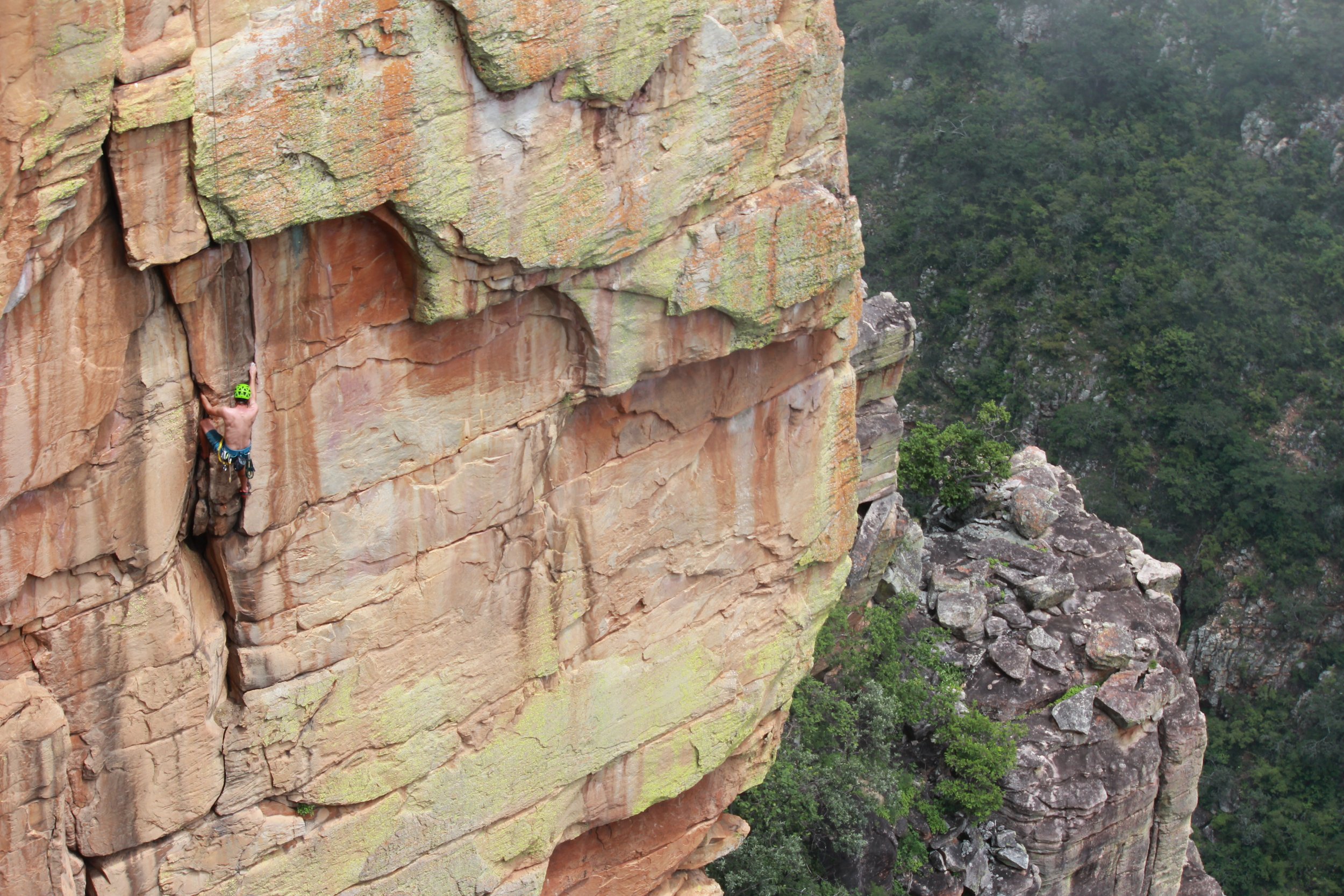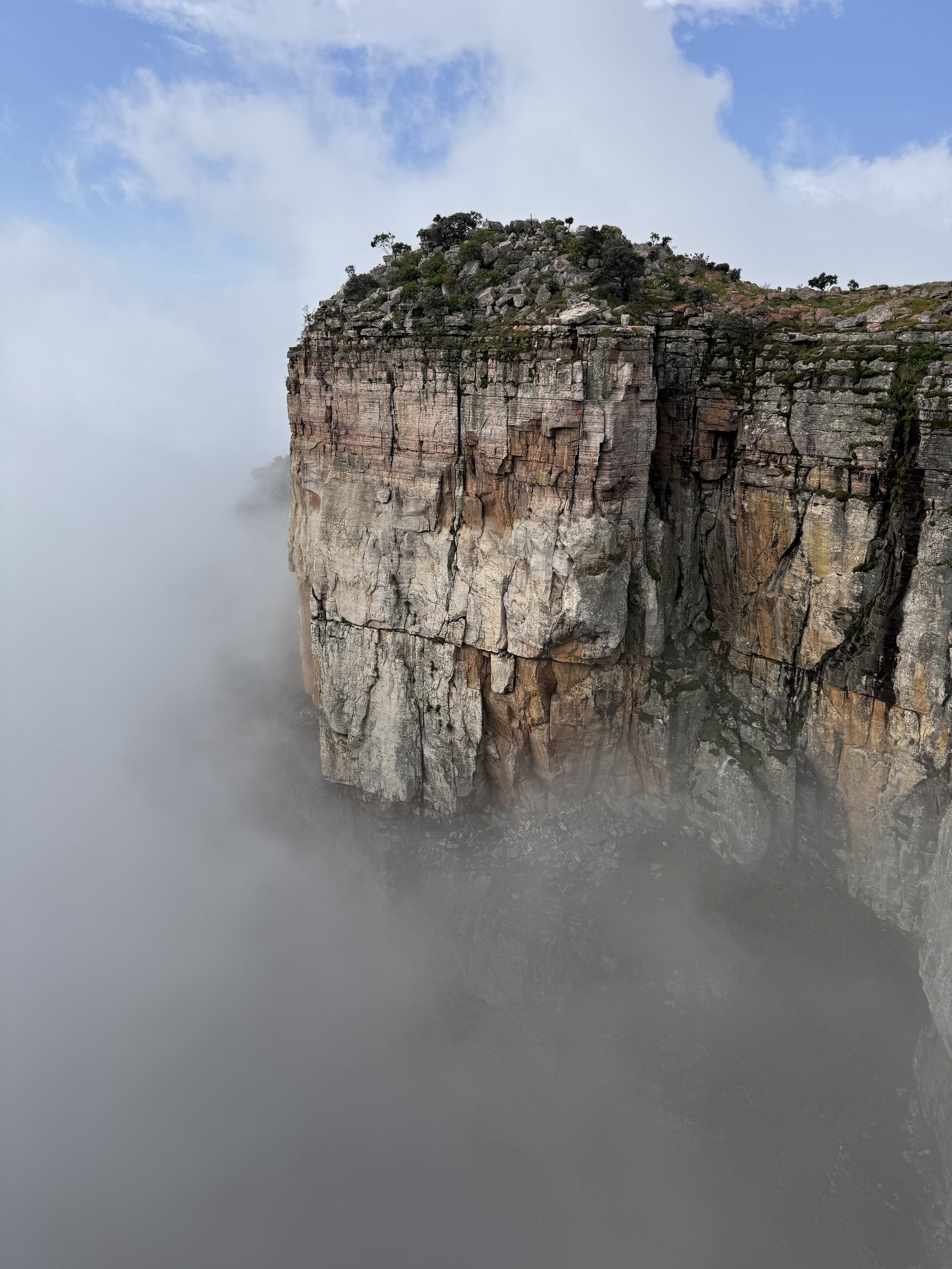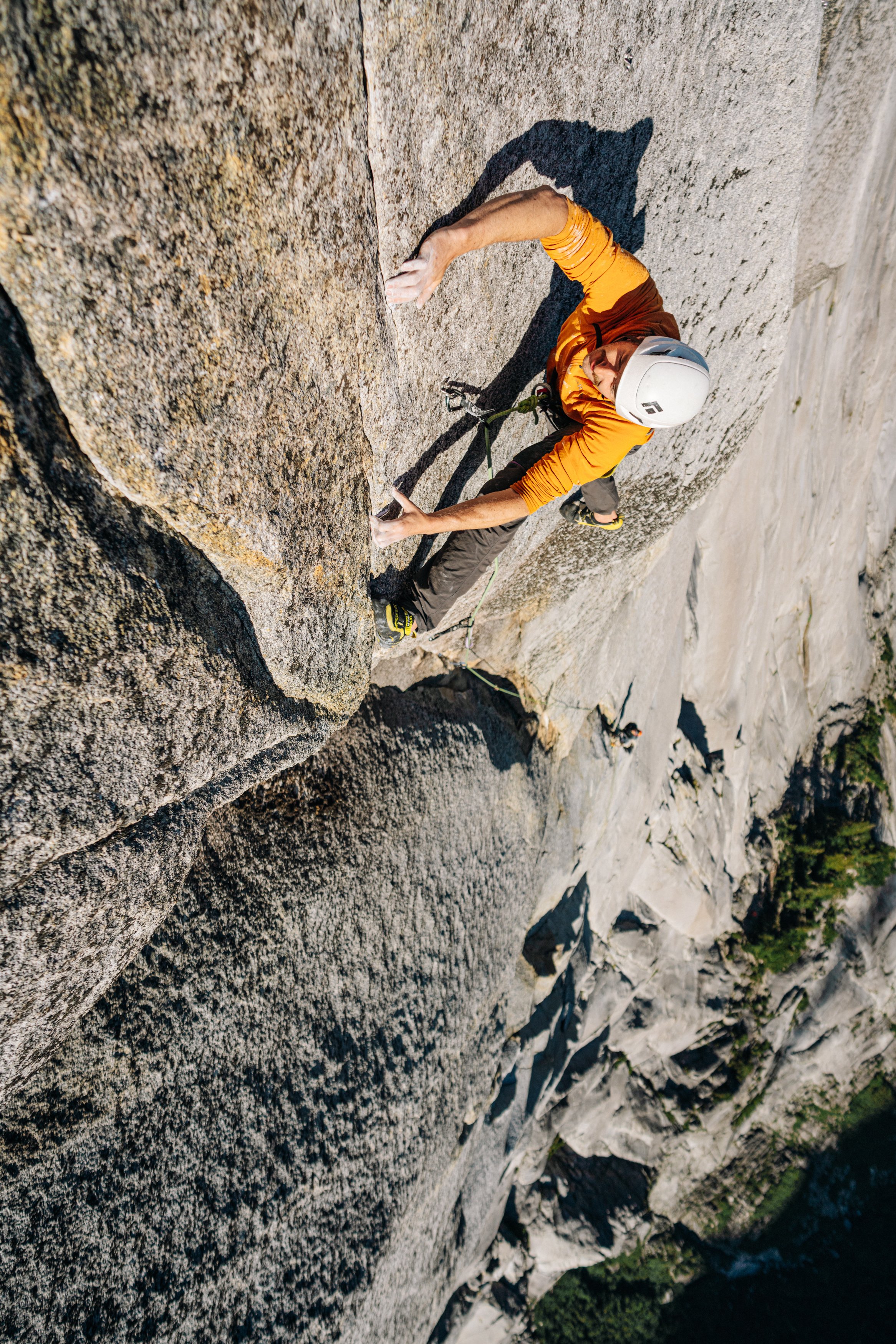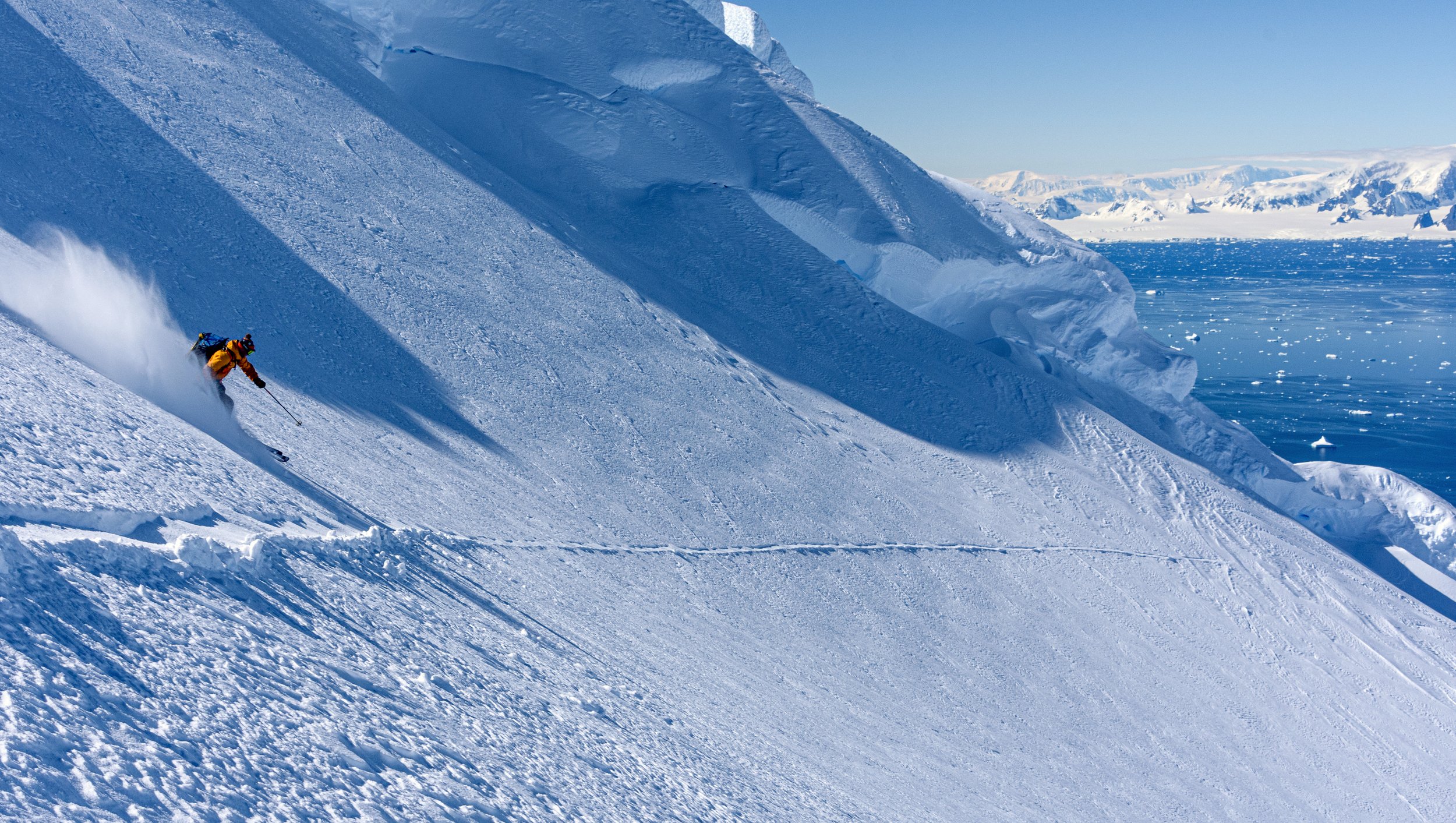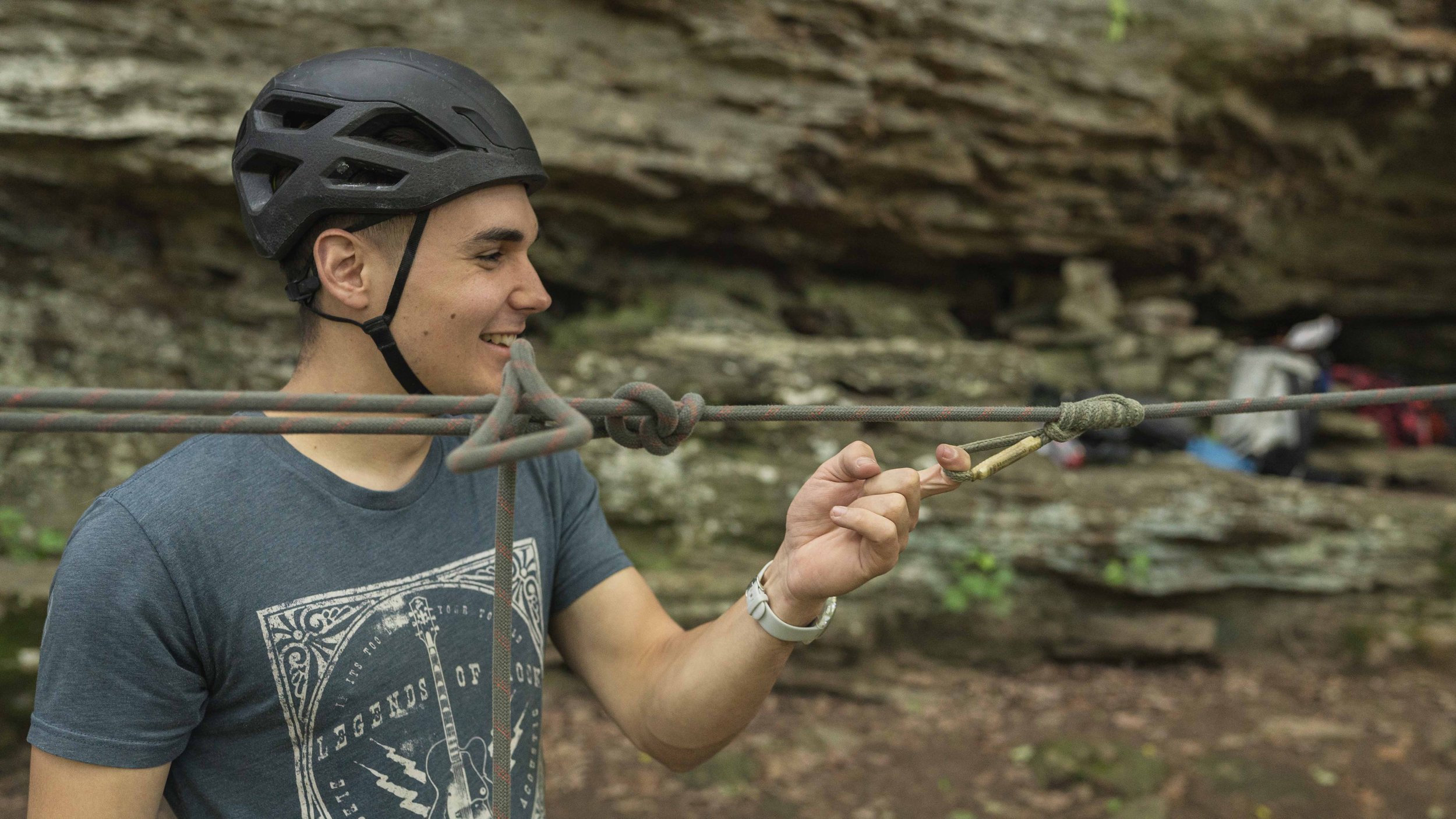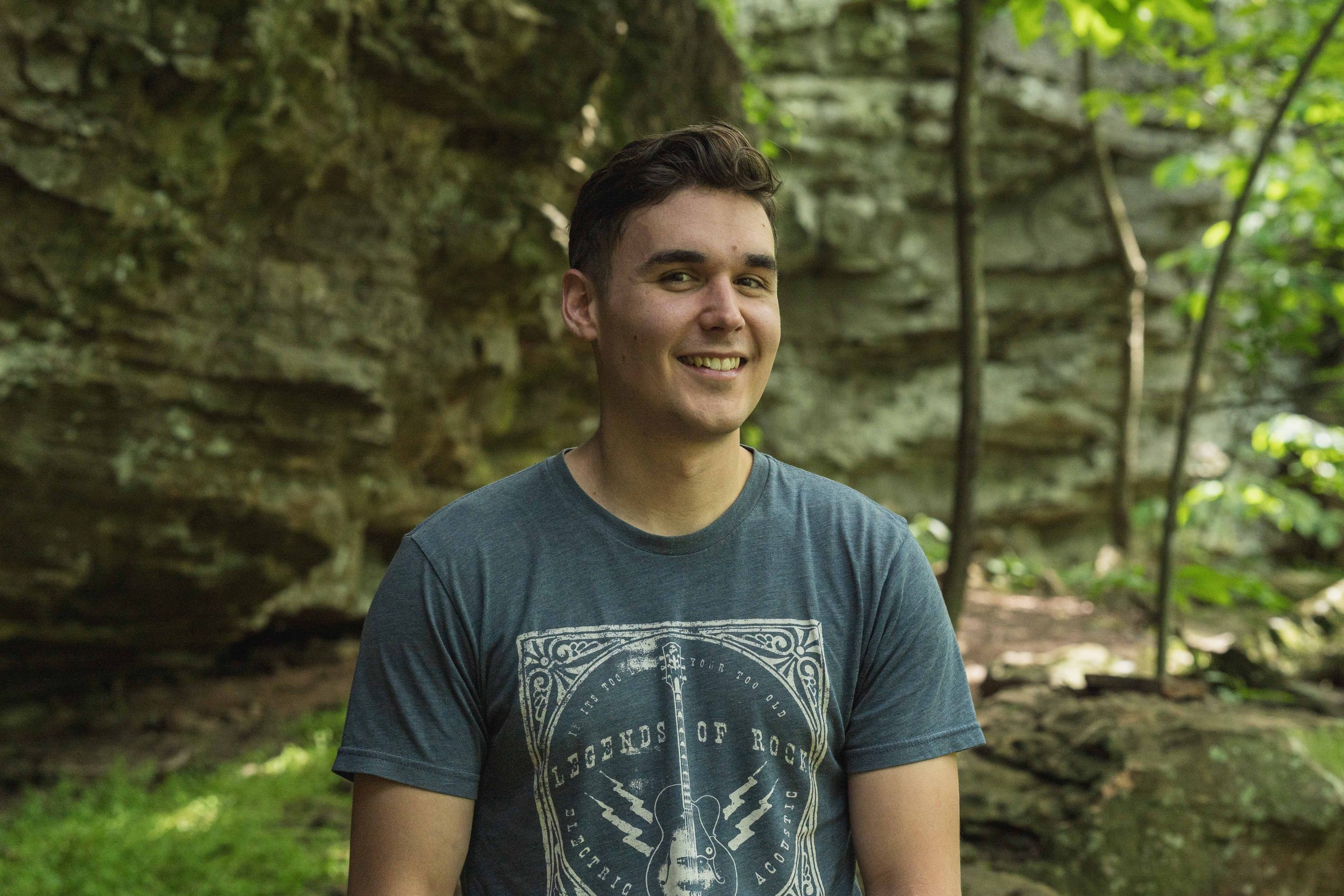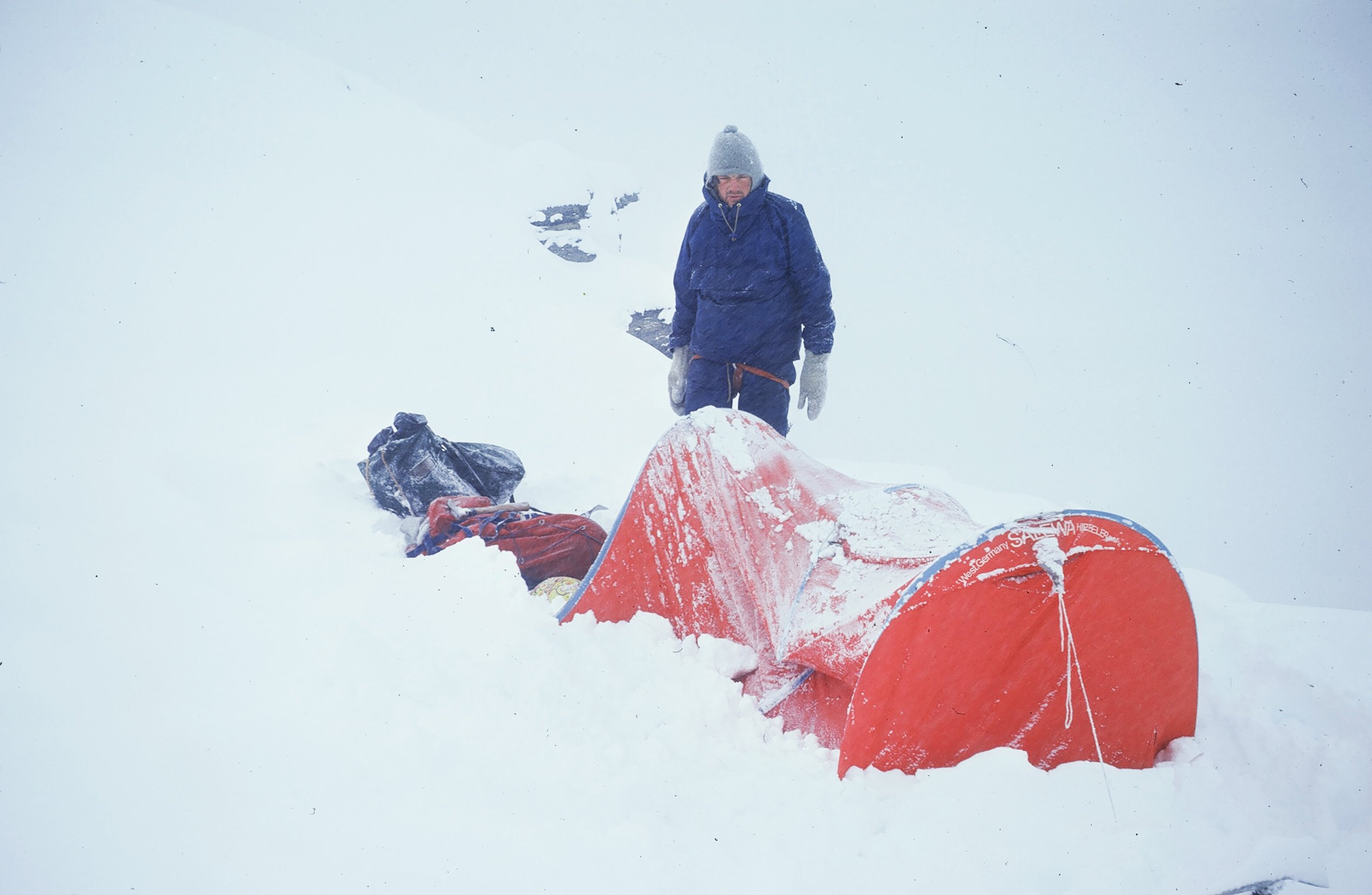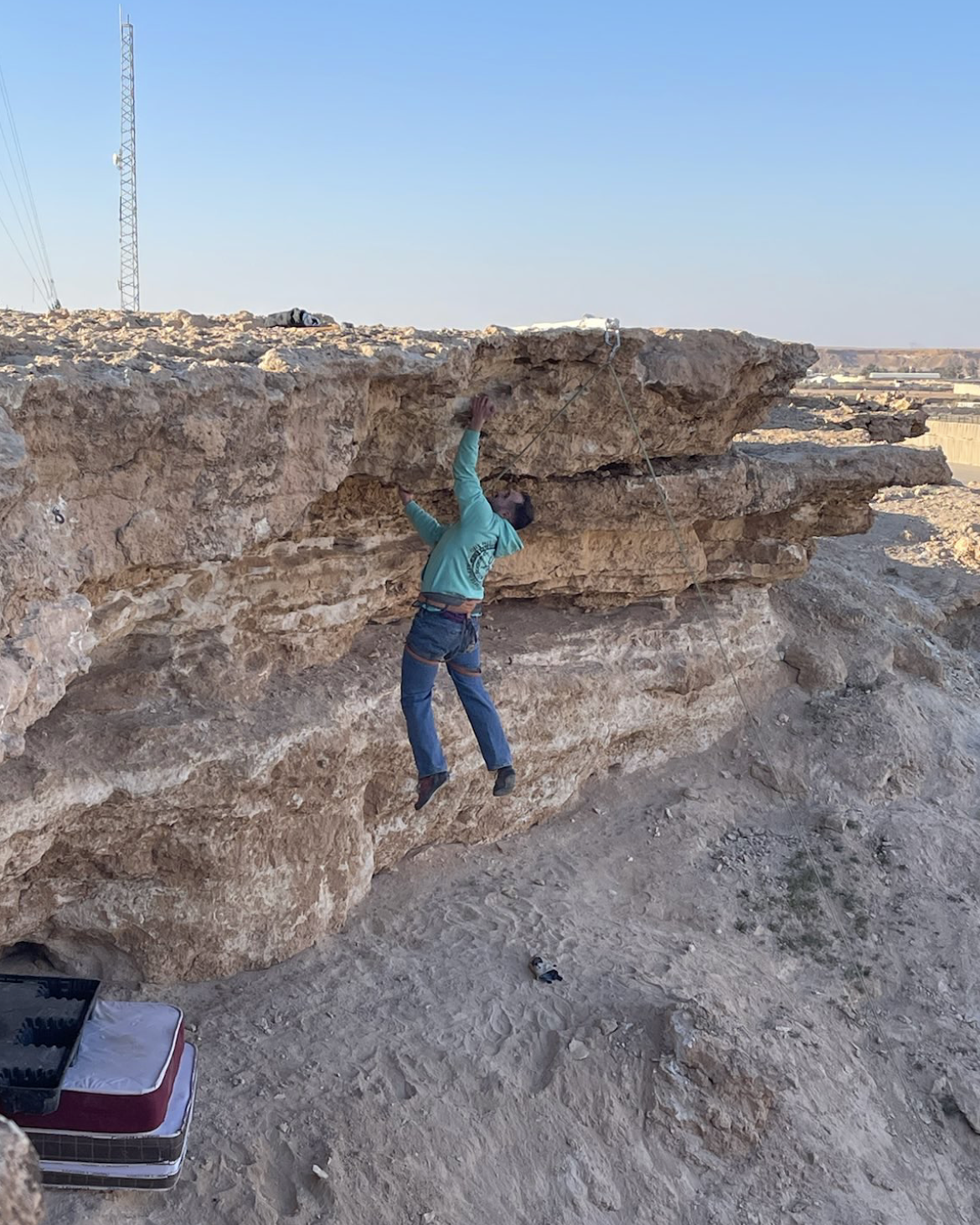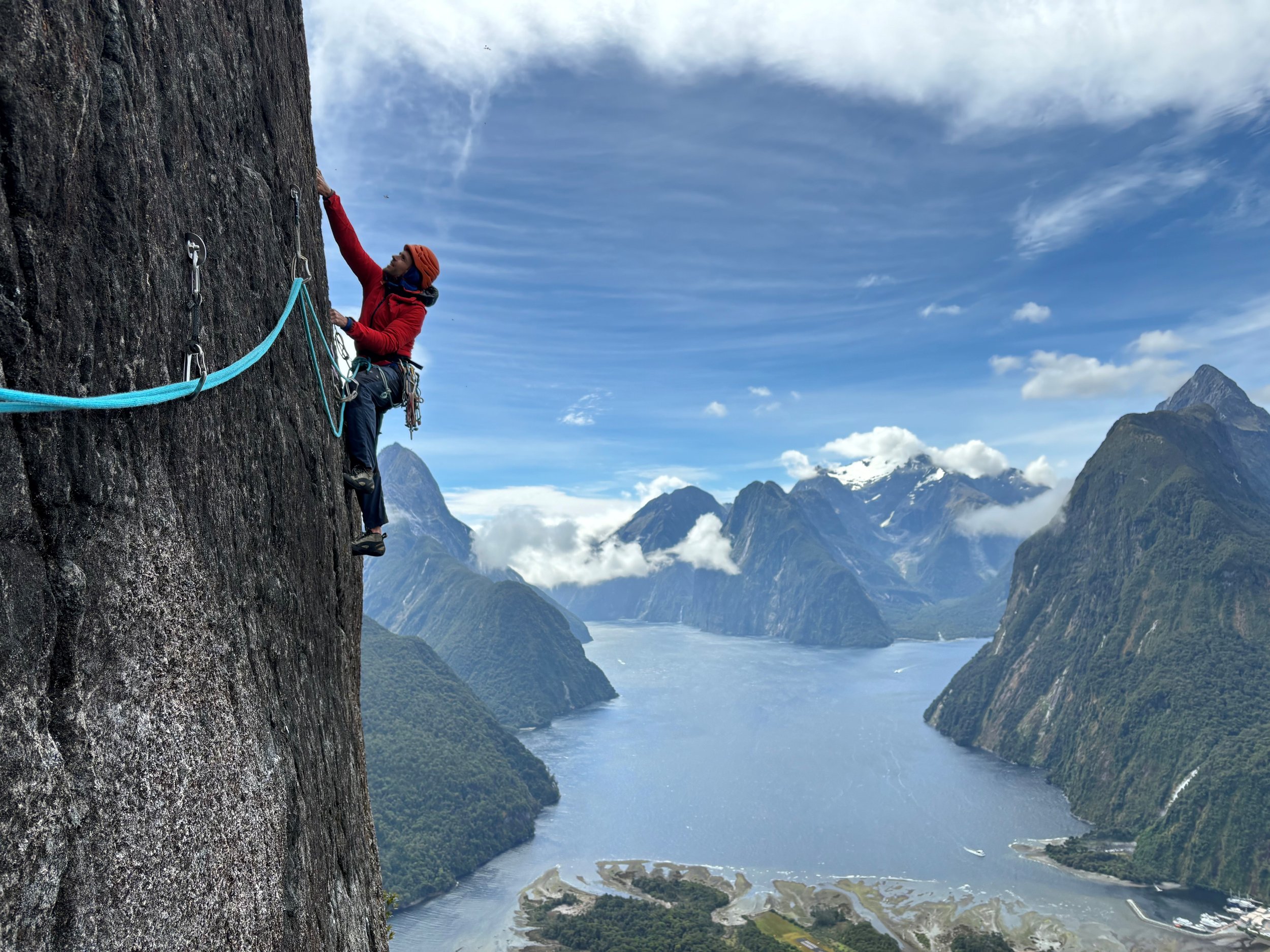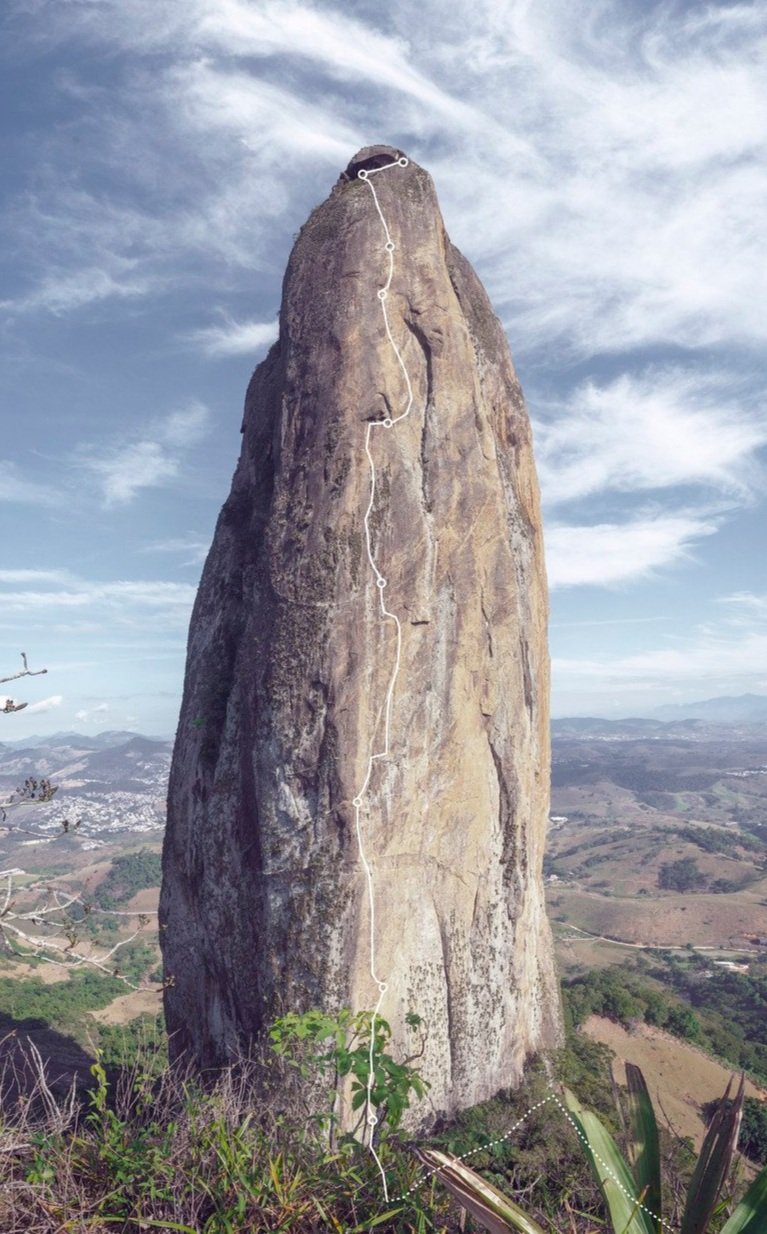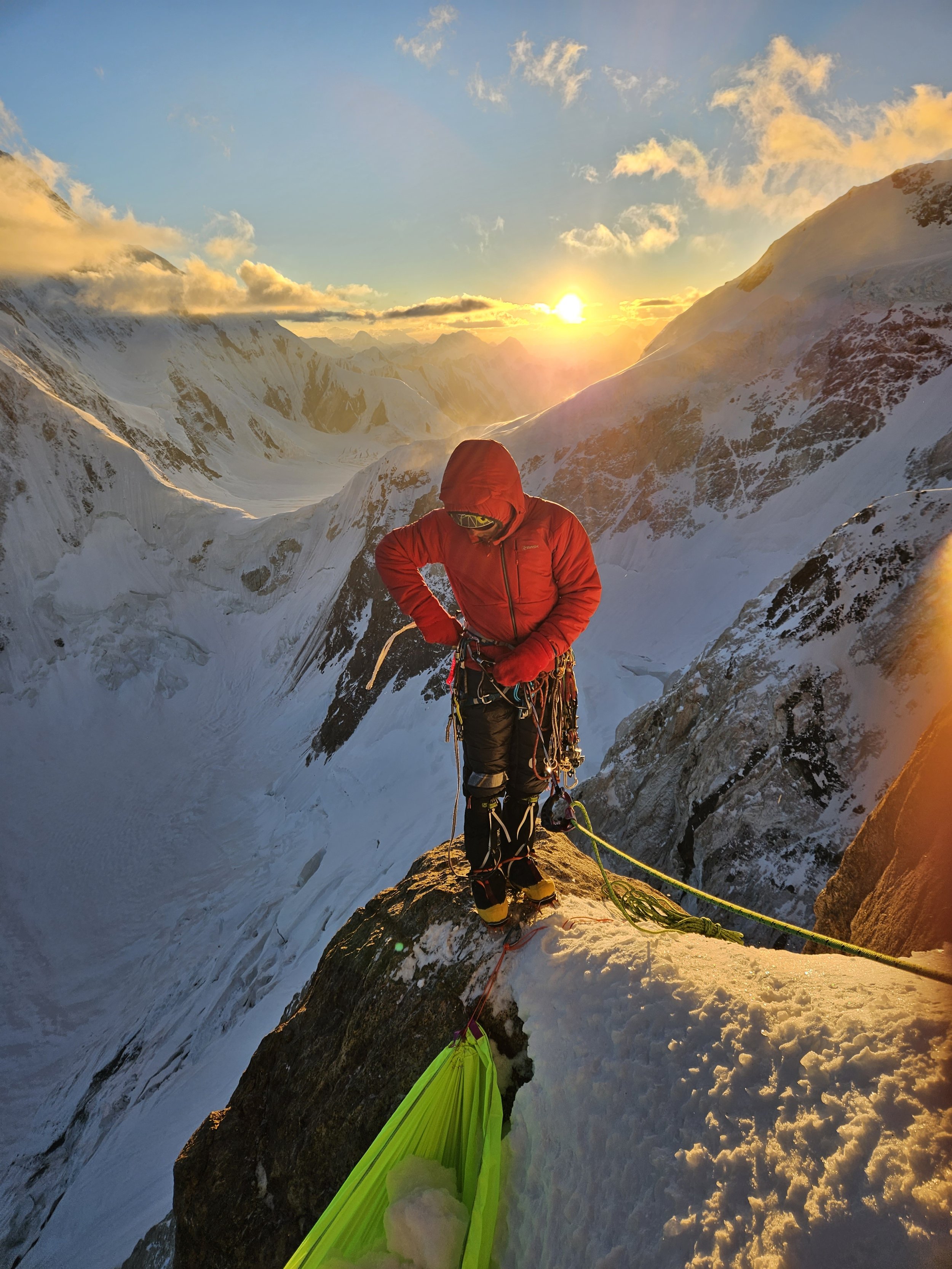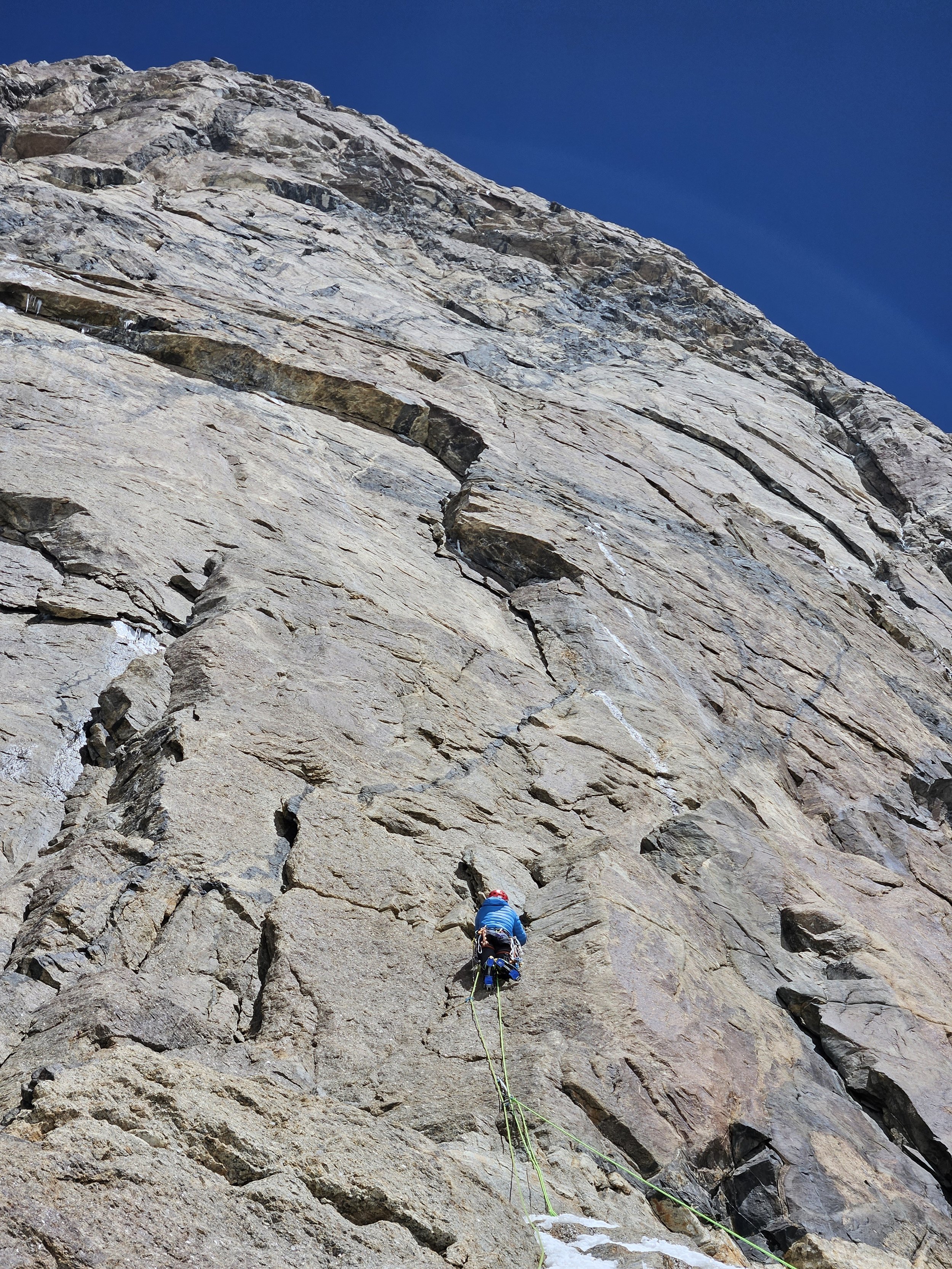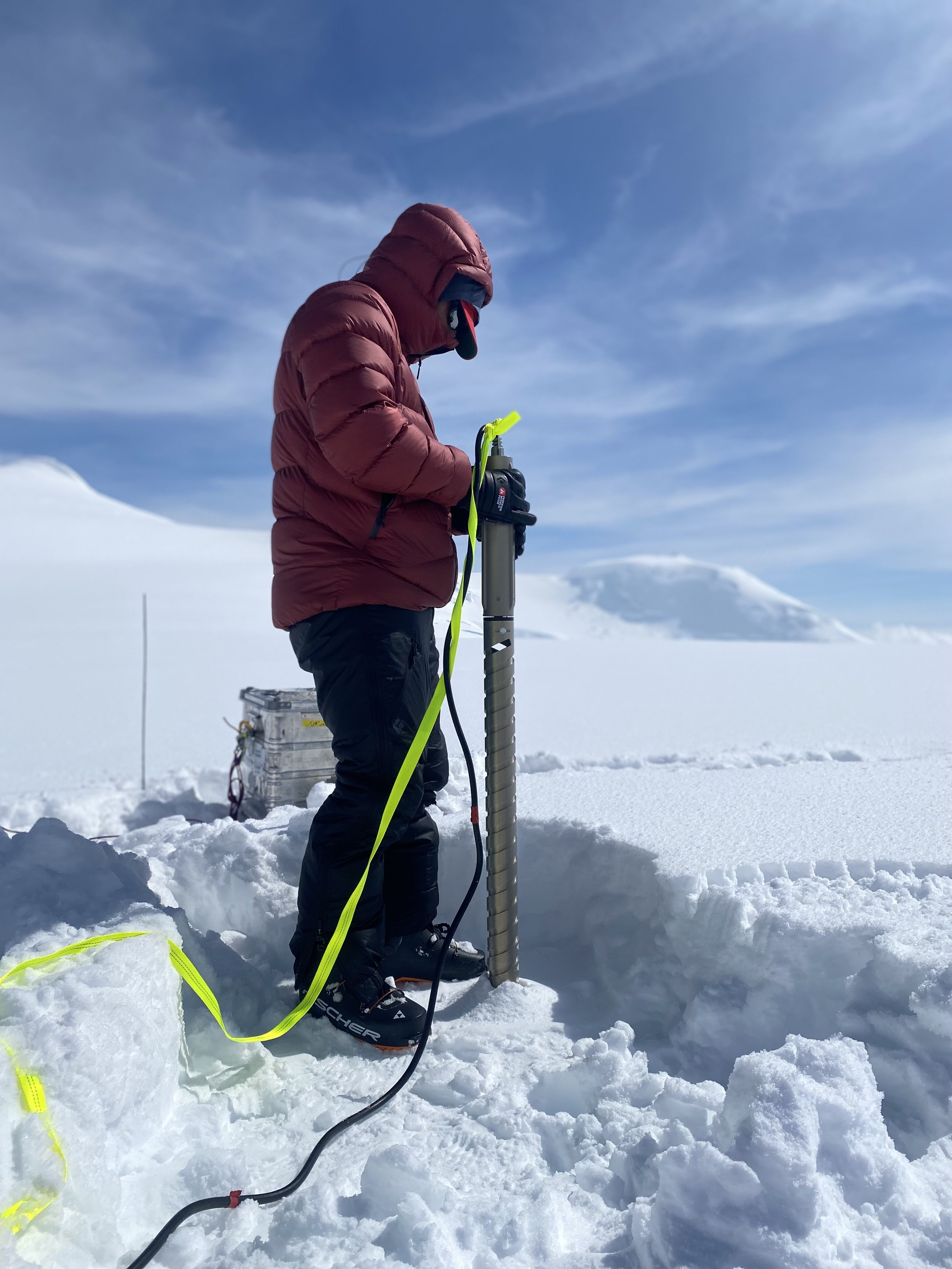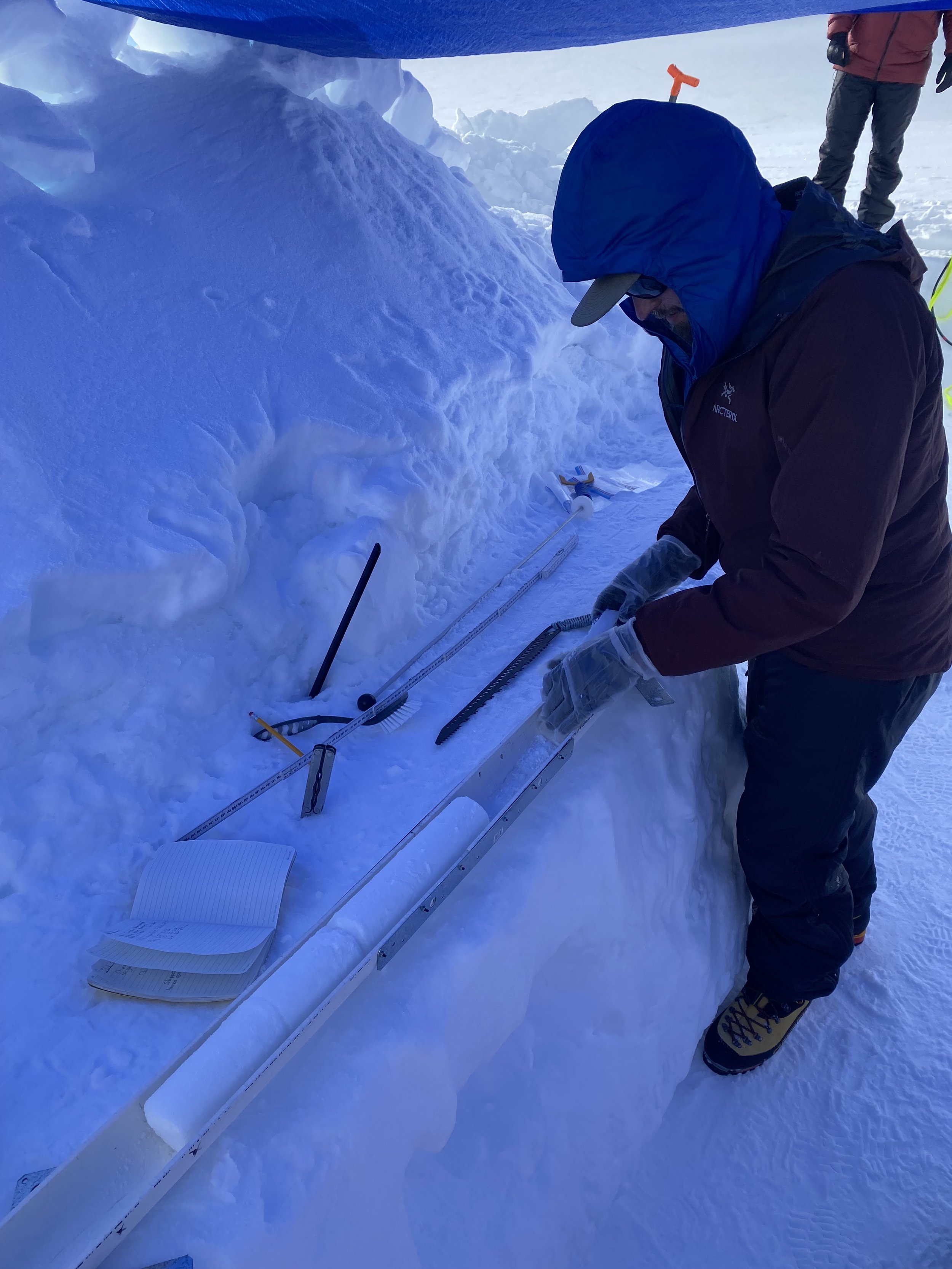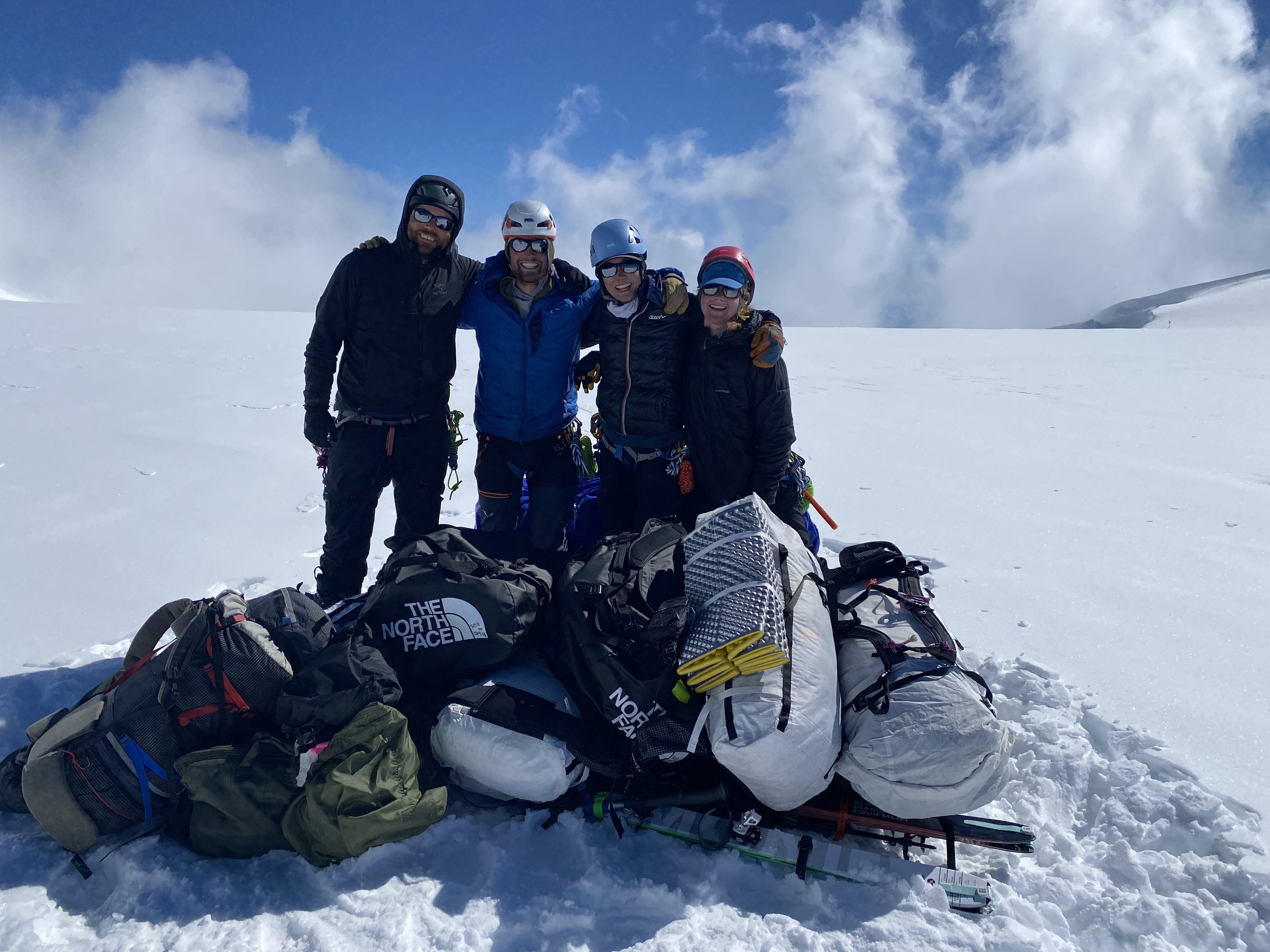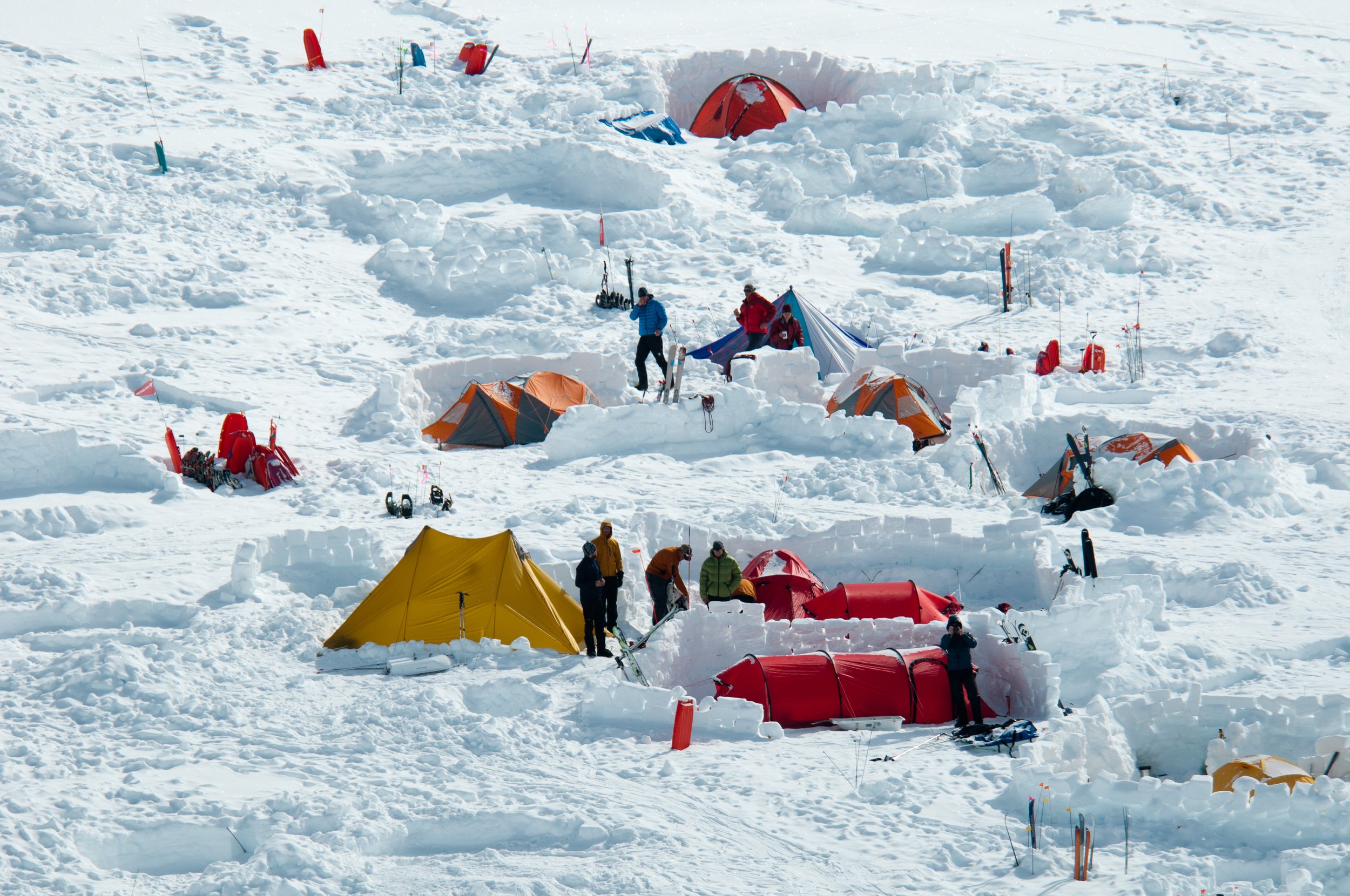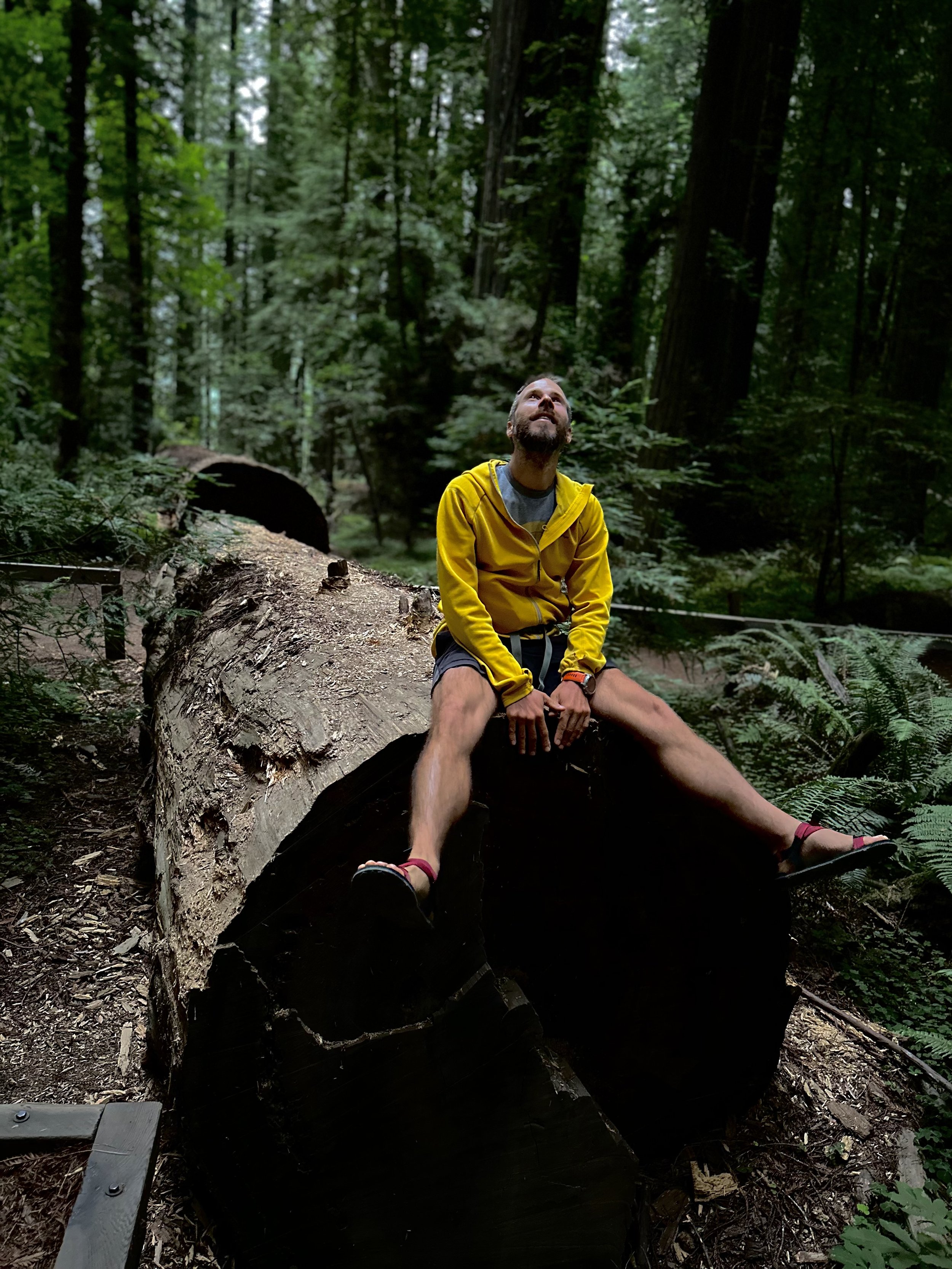Alaska | High Altitude Cerebral Edema
Denali, West Buttress
On May 31, an independent expedition camped at 14,200-foot camp notified rangers via radio that one team member, a twenty-four-year-old Coloradan, had an altered mental status. The team stated that they had been dropped off by fixed wing aircraft at Base Camp (7,200 feet) on May 27. Immediately upon landing, they embarked on the West Buttress route, reaching 14,200-foot camp a day and a half later on the evening of May 28. The team stated that upon reaching camp, all members were feeling “ok.” On the afternoon of May 30, teammates alerted NPS rangers that the Coloradan—after reportedly feeling “groggy” with a slight headache—began exhibiting severe symptoms of high-altitude cerebral edema (HACE) and pulmonary edema (HAPE). A second team member was experiencing moderate symptoms of HAPE.
Weather conditions were not flyable on the night of May 30. A team of NPS rangers and volunteer patrol members performed 18 hours of advanced life support on the unresponsive HACE/HAPE patient throughout the night. Treatment included a hyperbaric chamber, medications, supplemental oxygen, and mechanical breathing assistance.
On the morning of May 31, the patient was evacuated by helicopter. An Air National Guard Pararescue Specialist from the 212th Rescue Unit served as the medical attendant. The patient was flown to Talkeetna and was then transferred to a LifeMed air ambulance for advanced care. Unfortunately, the patient succumbed to the effects of HACE/HAPE in the hospital.
ANALYSIS
As many do, this team made the assumption that living at a relatively high altitude (5,000 feet) and maintaining a high level of fitness would prepare them adequately for rapid elevation gain. This incident is an extreme example of the inaccuracy of this assumption. Even those who live at elevations far higher than 5000 feet may not be adequately acclimatized for a climb up Denali. The human body begins losing its altitude adaptions in a matter of days, an interval that many climbers spend while traveling to Alaska and Base Camp.
The Wilderness Medicine Society recommends that while ascending above an altitude of 9,000 feet, climbers should limit their daily elevation gain to no more than 500 meters (~1,650 feet) between sleeping locations. They also recommend spending an extra night at the same elevation for every 3,300 feet of elevation gained.
Every season, many extremely fit climbers attempt Denali. While physical conditioning is an important factor in risk management and success, the overestimation of fitness as a determinant factor gets many of these same climbers into trouble.
Unfortunately, an individual’s degree of fitness does not determine whether or not they will suffer altitude illness. Only a conservative ascent profile and proper acclimatization will prevent this.
(Source: Denali Mountaineering Rangers.)

